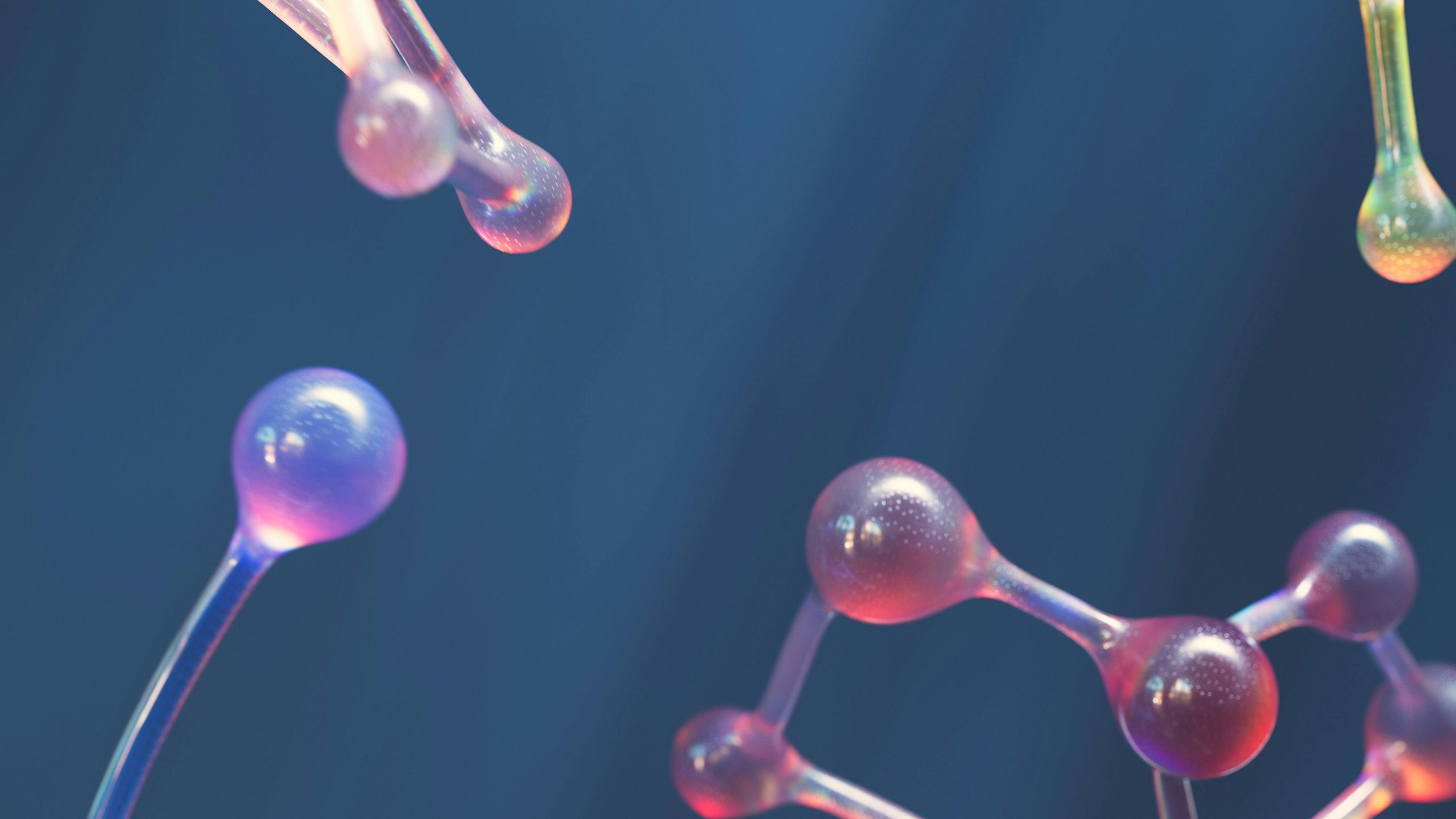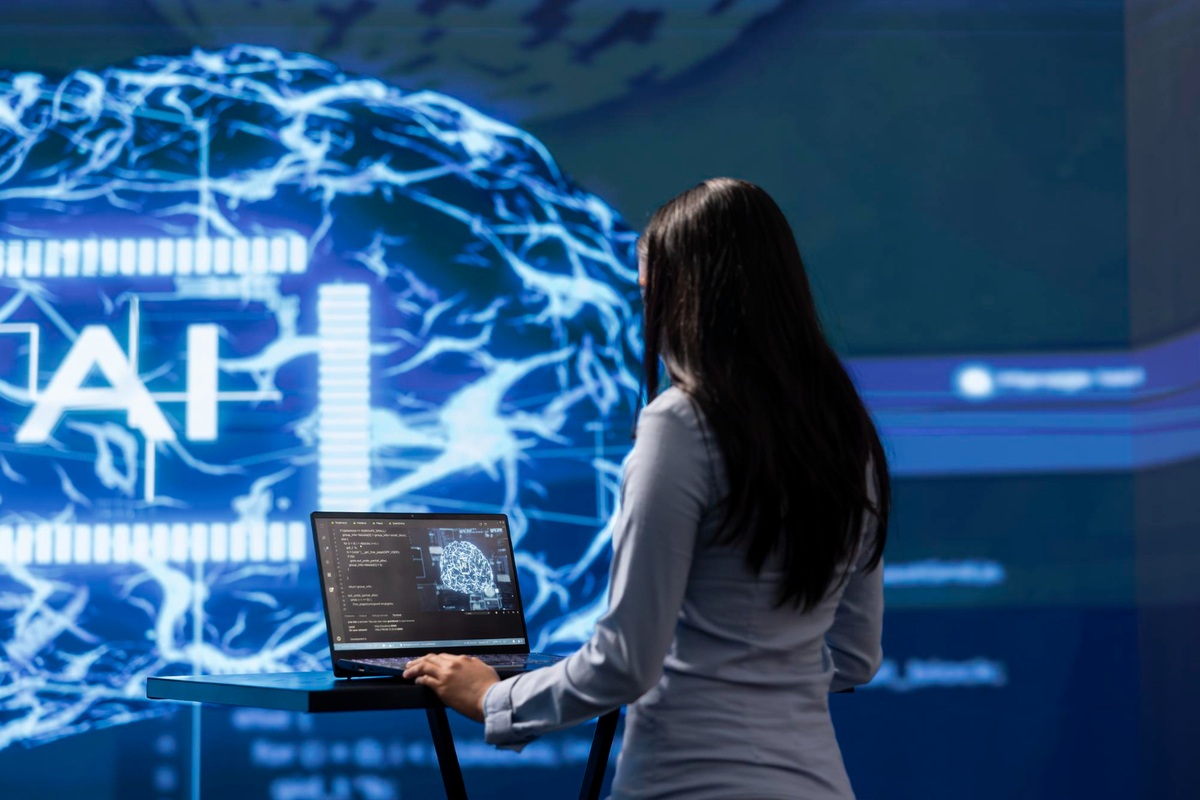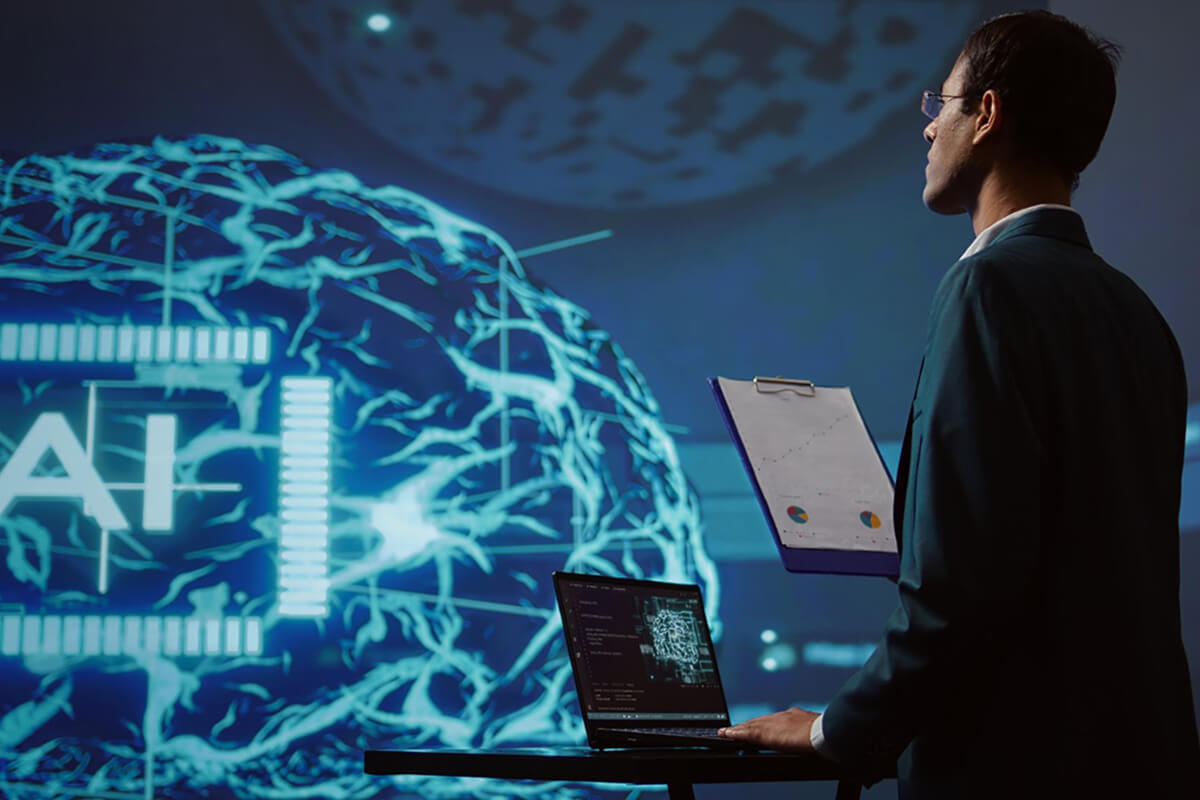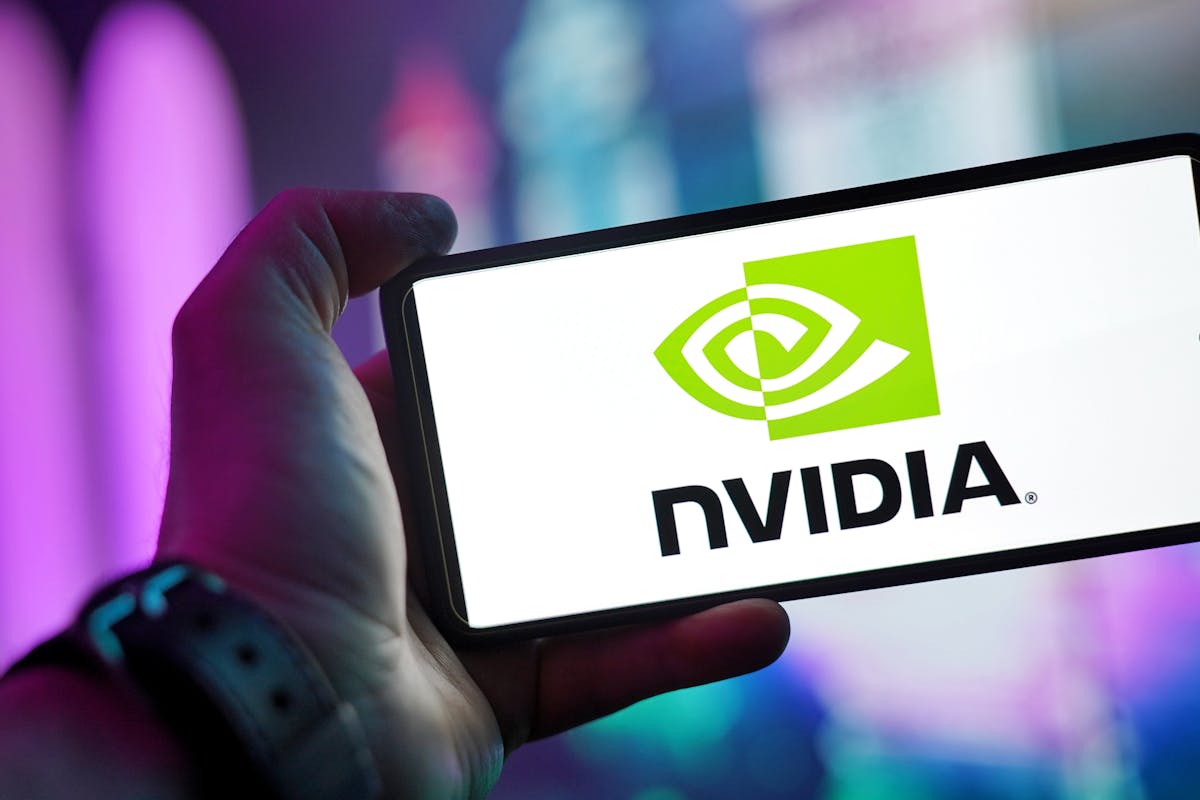AI in Drug Discovery: Speeding Up Pharma Research
One of the biggest challenges throughout pharmaceutical discovery has been the long time scale and high costs of discovering new drugs. Traditionally, the process of drug discovery takes over a decade and billions of dollars to bring a single new drug to market. With the adoption of artificial intelligence (AI) in drug discovery, this entire process is being transformed into faster, more efficient, and cheaper researches in pharmaceuticals.
In this blog, we will see how AI has been changing the paradigm of drug discovery and fast-tracking the journey from lab research to clinical applications.
The Conventional Process of Drug Discovery
To understand the impact of AI, it is first necessary to understand the intricate steps involved in traditional drug discovery. It generally goes through a series of stages:
1. Target Identification: Researchers identify a biological target (like a protein or gene) that might be related to a disease.
2. Lead Compound Identification: Thousands of chemical compounds are screened to determine which may interact with a target.
3. Preclinical Testing: These successful candidates are tested in the lab and on animals for safety and efficacy.
4. Clinical Trials: If a drug succeeds at the preclinical level, it is tested on humans, again, across a number of phases, to ensure that it works as intended and also safely.
5. Regulatory Approvals: It undergoes regulatory approval after successful trials before it hits the actual market place.
This is a very linear and labor-intensive process with a high risk of delay, high rate of failure, and resultant excessive cost. There is much room for improvement, and this is where AI comes in.
AI Accelerates the Drug Development Process
Artificial intelligence affects virtually every step of the drug discovery process, making workflows more efficient, less costly, and quicker. Here are some of the major ways AI is propelling advances in pharmaceutical research:
1. Target Identification
AI helps scientists quickly sort through volumes of genetic, proteomic, and clinical data in a search for disease-related targets. Machine learning algorithms can find patterns and relationships that could pass the human eye by.
For example, AI methods can scan gigantic datasets created based on genomics studies to determine which genes or proteins are associated with specific diseases. Such specificity allows the researchers to focus only on the most promising targets, thus speeding up the early stages of drug discovery.
2. Virtual Screening and Lead Compound Discovery
The traditional lead compound identification process requires screening large libraries of chemical compounds in the lab, which takes ages and is expensive. AI can instead simulate such screenings virtually.
AI algorithms, in some cases involving deep learning, predict how various compounds might interact with biological targets. Thus, they can restrict the pool of possibilities much faster than traditional methods. Another advantage is the ability of AI to generate new molecules from the analysis of structural properties of successful drugs, thus creating novel compounds that may have a better chance of success.
For example, companies, such as Insilico Medicine and Atomwise, use AI for virtual screenings that reduce the number of compounds to be experimented in the lab, hence saving time and resources.
3. Accelerating Preclinical Testing
Preclinical testing of new drugs is increasingly becoming better and faster with the aid of AI-driven models, simulating the behavior of novel drugs in biological systems. This is possible with machine learning algorithms, which go through existing data on drugs and can, before animal or human trials, predict the behavior of a new compound in terms of safety and efficacy.
For in silco testing based on computer simulation rather than biological models, AI ensures that the reliability gained increases. This assures researchers to be identifying the most promising candidates earlier on in the process and minimize otherwise avoidable animal testing to take place.
4. Optimizing Clinical Trials
Clinical trials are among the costliest and time-consuming activities when drugs are being developed. AI can optimize clinical trial design by analyzing patient data to find suitable candidates, make predictions, and fine-tune parameters in real time for running the most efficient trials. This can lead to the cutting of trial times, lowering costs, and having a higher success rate.
Furthermore, AI can analyze large data sets developed in earlier rounds of trials and identify potential safety issues or side effects. Only the most promising drugs will continue, which should save many failing rounds of trials and far better-informed decisions.
5. Drug Repurposing
Drug discovery is another fascinating application of AI. One major application is in repurposing known drugs. AI algorithms can scan through large databases of existing drugs and find new therapeutic applications for them. Simply put, AI algorithms can rush the development of treatments by predicting how a known drug might work upon a certain disease.
For example, in the case of COVID-19, AI-enabled platforms screened existing drugs on their potential to act against the coronavirus: it accelerated the identification of treatments.
AI Applications in the Real World of Drug Discovery
Companies and research institutions already employ AI in speeding up their respective drug discovery processes:
DeepMind’s AlphaFold: AlphaFold has made incredible strides in protein folding, thereby solving a centuries-old biological problem. The innovation is helping researchers to better understand mechanisms of diseases and discover novel drug targets.
As above, another innovation has occurred in drug design through artificial intelligence. This UK-based firm, Exscientia, designs drug candidates using AI. According to information available as of date of preparation, Exscientia had been the first to advance an AI-designed drug into human clinical trials, thereby making what AI can do-considerably reduce timelines for development.
BenevolentAI: This AI firm channeled its efforts toward using the machine learning algorithm to search the scientific literature and drug databases to find new compounds or repurpose already-existing ones for new uses. Among the most notable work by BenevolentAI is their finding potential treatments for diseases like ALS and COVID-19.
Why AI Is Important In Drug Discovery?
AI in the discovery of drugs holds huge benefits:
This makes sure that drugs are developed faster in terms of time to market; that is, drugs would be produced, and so life-saving treatments could make their way into the market much sooner.
The cost of drug development would reduce considerably with this method as processes such as identification of a target, virtual screening, and optimization of clinical trials would take lesser times.
Greater Accuracy: AI algorithms can interpret large datasets with high precision and yield better drug candidates, as well as fewer and fewer failed clinical trials.
Better Patient Care: In summary, AI will speed up research as it will bring more effective treatments and provide hope to conditions without therapeutic interventions thus far.
Conclusion
This transformation of pharmaceutical research because of AI is at an incredible pace and holds promise for speeding up the development of new treatments without increasing the time or cost required in significant proportions. AI-assisted analysis, right from target identification all the way to clinical trials, could cut the timetable of the drug development process while making it faster, smarter, and more efficient. The AI technology advances create hopeful possibilities for future drug discovery, which could revolutionize healthcare and bring drugs saving lives to different parts of the world.
The Pharmaceutical industry now accelerates research speed by embracing AI and trial the most innovative targeted therapies on the most complex diseases.








